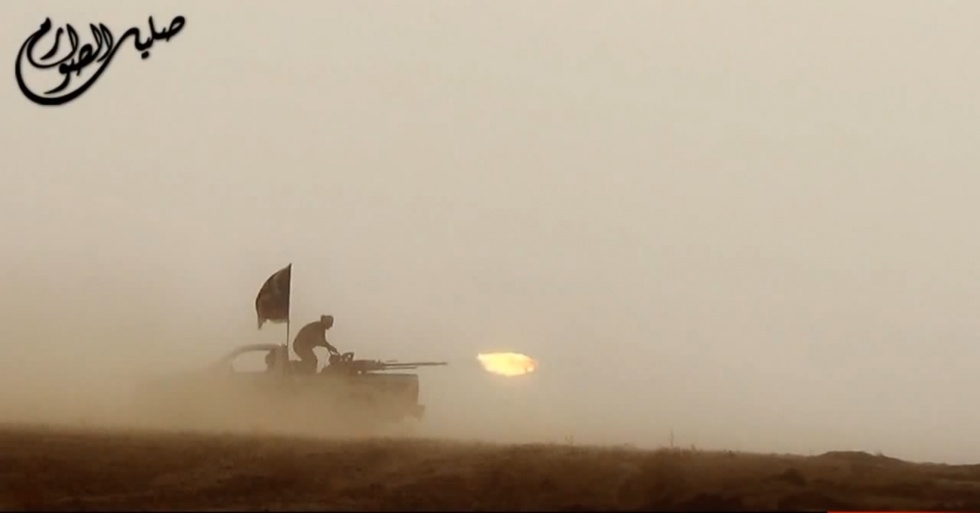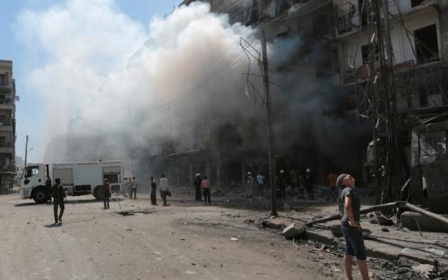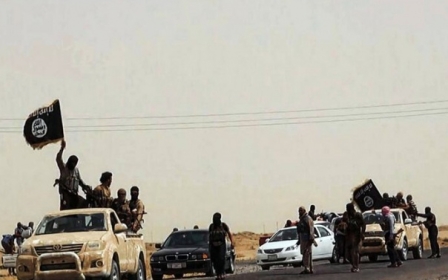UN moves to sanction traders in 'terrorist' oil

The United Nations Security Council has expressed “grave concern” over the seizure of oilfields and pipelines by militant groups in Iraq and Syria.
The council, sitting on Monday, noted that energy resources controlled by militant groups could provide a rich source of income and improve their "capacity to attack.”
A statement highlighted that any trade with these groups, such as the Islamic State and al-Nusra Front, would be “inconsistent with the council’s resolutions” and that all UN member states are “required to ensure that their nationals and any persons within their territory do not trade in oil with these entities.”
“Such engagement constitutes financial support for terrorists and may lead to further sanctions listings”, according to a statement issued after the Monday meeting.
The council “strongly condemns any engagement in direct or indirect trade of oil” from Syria and Iraq involving terrorist groups, the statement added.
Last month, permanent security council member Russia called on the council to support its draft statement to block trade in crude oil by militant groups in Syria and Iraq.
In Iraq, the Islamic State control five oil-fields - two are near Mosul and two more are further south near the central town of Tikrit, with another much smaller facility at Himreen.
An Iraqi security official told Reuters that trucks would smuggle crude oil from the fields into Iraqi Kurdistan and from there into Iran, thanks to the Kurdish peshmerga forces turning a blind eye.
Non-state groups could be making up to $1m every day through the sale of crude, reports PressTV.
However, according to Iraq’s counter-terrorism spokesperson Sabah Nouri, Iraqi government forces are turning the tide: “helicopter strikes hit the smuggling process hard and cut a vital source of finance to the terrorists.”
US Secretary of State John Kerry released a report on Monday in which he condemned what he called the “savagery and incredible brutality” of the Islamic State.
Middle East Eye propose une couverture et une analyse indépendantes et incomparables du Moyen-Orient, de l’Afrique du Nord et d’autres régions du monde. Pour en savoir plus sur la reprise de ce contenu et les frais qui s’appliquent, veuillez remplir ce formulaire [en anglais]. Pour en savoir plus sur MEE, cliquez ici [en anglais].




